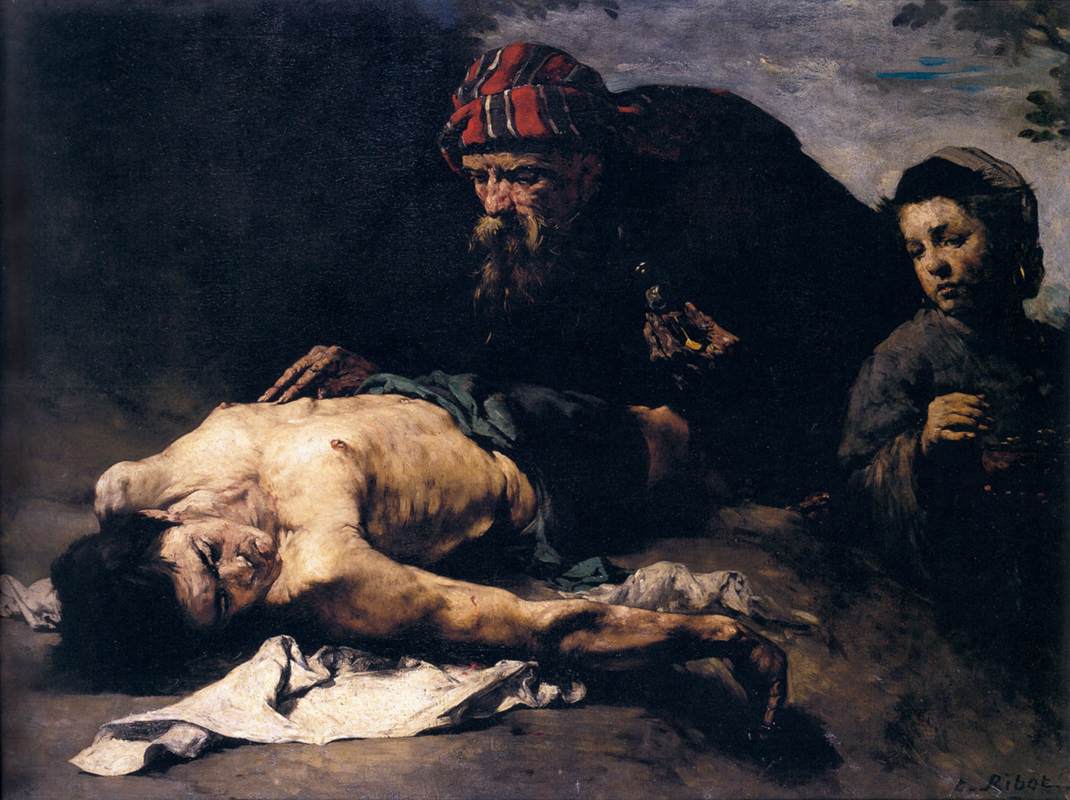After ruminating on the parable of the Good Samaritan this week, I realized that I often find myself like the lawyer who precipitates it – standing up, interrupting God, and asking fundamentally flawed questions. “Yeah, but what do I have to do to inherit eternal life and punch my ticket to heaven?” as if I can do anything to inherit. Inheritance yields itself as a gift – not a recompense to earn.
Jesus, in his typical, motive piercing style, turns the question back on the expert who challenged him, but then accepts the pat, canned answer he receives in return. Yes. Right. Love God with everything in you and love your neighbor well. Do this and you will live. Even rehearsed and rote, this Sunday School statement cannot be wrung and distilled of its intrinsic and fundamental truth.
But this doesn’t satisfy the challenger, similar to how it often doesn’t placate me. I, too, skirt and dance around the heart issues, seeking out endless loopholes to justify not only my strivings, but my also avoidances. Who is my neighbor? How far do I really have to go with this? How much of my life can remain untouched and deemed acceptable because of the good I’ve already done in this world? Where is the line that allows me to stop the painful work of introspection and sacrifice and self-denial?
Who is my neighbor? How far do I really have to go with this? When have I done enough?
In response, Jesus paints a picture of what love and sacrifice really look like. Envision a man from any despised minority group (whether race, religion, social class, etc.) stopping to care for an injured man of the segregated hating group after others have already gone on by. The Samaritan risked his own life by staunching the grave wounds of the other man and then also carrying him into a hostile town and paying in advance for his care. Can you feel the cold, steely stares dripping with suspicion as he makes his way through town?
In using such a metaphor, Jesus goes beyond the touted rules and regulations. He pushes their understanding of obedience from following the law, to following a God of grace and mercy and compassion. He transcends race, religion, ethnicity, nationality, class, gender, age and every other polarizing difference that we focus on instead of on our shared state of humanity and sin.
No matter what scenario I present, Jesus alone is the Good Samaritan. He saves me from my sin that hungers to destroy me and leaves me beaten and bloody along the path of life. He brings me from death to life. He rescues me and pays my debts. Final judgement must not find me holding my good deeds, but must find me in Christ. I can’t ever outwork my sin. His blood and sacrifice on my behalf are the only things that credit me with righteousness. Christ alone saves.
Jesus alone is the Good Samaritan. Final judgement must not find me holding my good deeds, but must find me in Christ. I can’t ever outwork my sin.
The question that remains then isn’t how to define my neighbor, but how to discern my heart motives and intentions and how to see everyone around me as God has also created them in his image. And this wells up only from the grace that God has bestowed on me. His ultimate surrender, sacrifice, and example leave me no option to stop at simply doing no harm. Everyone is my neighbor, no matter how inconvenient or counter cultural. Nor can I stop at social justice. What is mercy, but Christ taking our place? The man who proved to be the neighbor was the one who showed mercy. “…You go and do likewise.” (Luke 10:37)
Amber Sperlich attends the Oviedo campus where she sings in the worship band, and her story was featured in The Church Issue (PDF) of Grace Magazine. She writes to process her personal thoughts and meditations on the Grace messages and the text preached each week, and we thought we’d share some of them with you.




